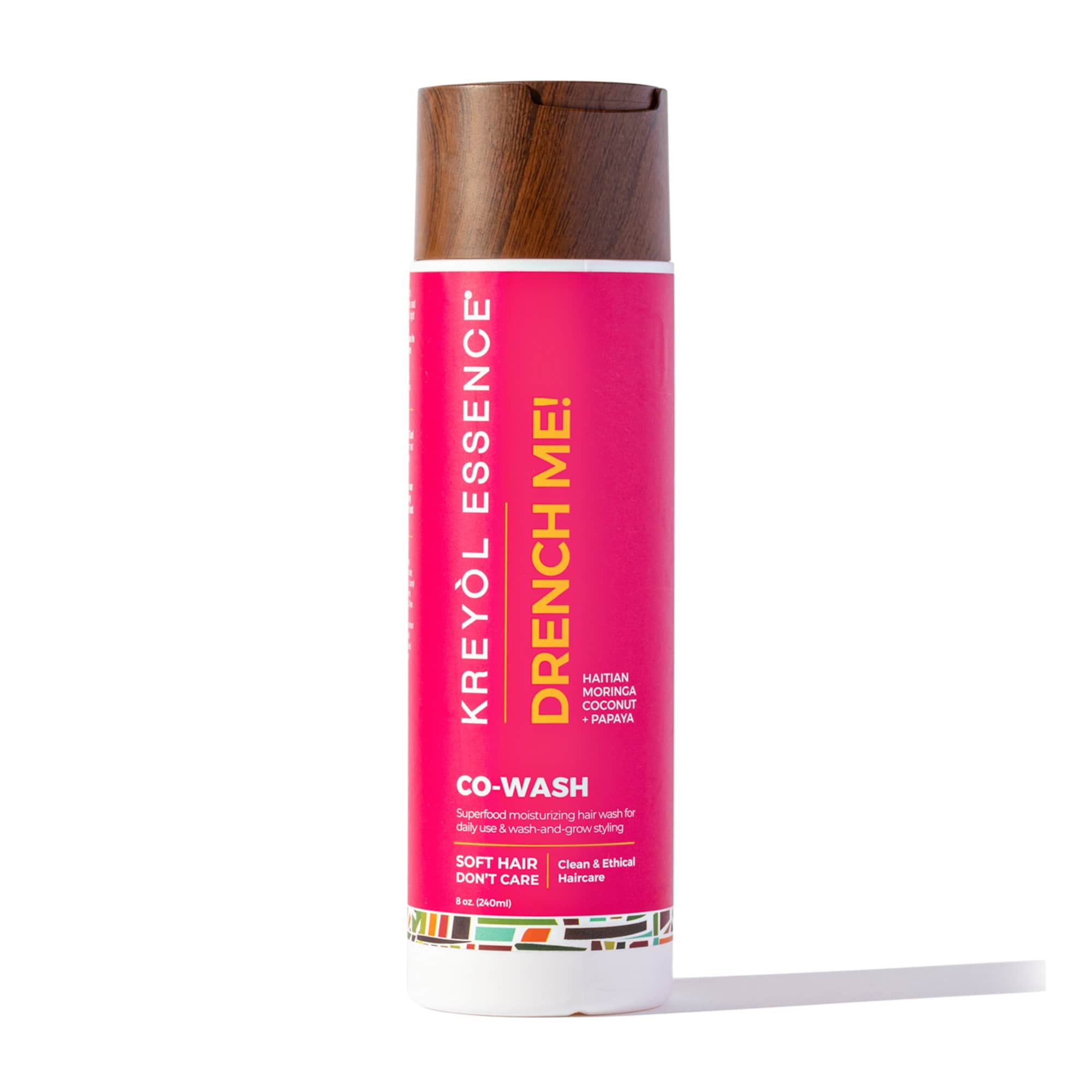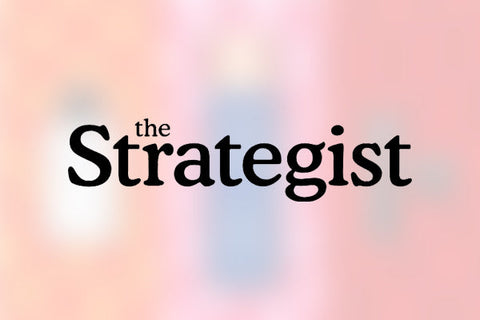News & Press
USA Today: 'Shark Tank' recap: Haitian beauty-product sellers get tough love from Mr. Wonderful

On Sunday’s “Shark Tank,” two Haitian entrepreneurs struck liquid gold and negotiated the deal of a lifetime.
Asking for $400,000 for 10% of their company, Stephane Jean-Baptiste and Yve-Car Momperousse are the masterminds behind Kreyol Essence, a line of skin-care products made with castor oil. The oil is made from castor seeds harvested by about 300 farmers in Haiti.
“Whether it’s moisturizing kinky curly hair, promoting thicker lashes or brows, or relieving dry itchy skin, we have the most high performing natural products for you,” Momperousse said, adding the products are also helpful in relieving symptoms of skin conditions like psoriasis or eczema.
The couple has had a rocky road since starting the company in 2014. Initially selling in bulk, their sales plummeted from $135,000 to $40,000 in 2016 after they lost their top client. They rebounded in 2017 by focusing on selling directly to consumers, and earned $1 million in sales in 2018. They also secured a contract with the beauty retailer Ulta.
For shark Barbara Corcoran, the couple’s biggest strength was also their greatest weakness: Their product is too dependent on their sales pitch. “Your business is too dependent on you selling the product,” she said. “That’s just not scalable.”
Sharks Mark Cuban and Daymond John wished them luck but said they lack the expertise needed to guide them. John said, “It’s just such a competitive space, and I don’t have enough expertise in the beauty space.”
Shark Lori Greiner was interested but their marketing approach raised several red flags, including no clinical or laboratory testing to back up claims about their products, such as possible hair regrowth.
“When you put out anything like that to the consumer market, you really have to have a lot of proof backing that up,” Greiner said.
With all the other sharks out, Jean-Baptiste and Momperousse were left at the mercy of shark Kevin O’Leary, who appreciated their track record but considered their valuation of the company too high.
He would give them the $400,000 for 37% of the company, an offer that rattled the couple. Momperousse countered, offering 20%, but O’Leary could sense blood in the water.
“Look, I’m impressed by you. Now we’re having a tough-love discussion,” O’Leary said. “It’s about money. I want to make money.”
He also turned down another counteroffer of 25%. The strain of being so close to a deal made Jean-Baptiste tear up as he recounted how many people depended on them.
Get the Entertainment newsletter in your inbox.
Lights, camera, newsletters! All things movies, TV, music, even celeb galleries.
“That time period was really tough for us in 2016,” he said. “I mean, even to the point where we almost closed the business down. It challenged our relationship feeling as if we sort of failed our community, failed ourselves.”
When it seemed like there was no deal to be made, Momperousse proved herself a powerful entrepreneur by playing to O’Leary’s penchant for royalties, offering 15 cents per bottle in perpetuity.
“Royalty? That brings a tear to my eye,” O’Leary said. His final offer was a royalty of 25 cents in perpetuity and 5% equity in the company, to which they agreed.
Outside the tank, Momperousse laughed and said, “No, we were not expecting Mr. Wonderful to be a partner in a Haitian beauty brand. Kevin O’Leary surprises you.”











